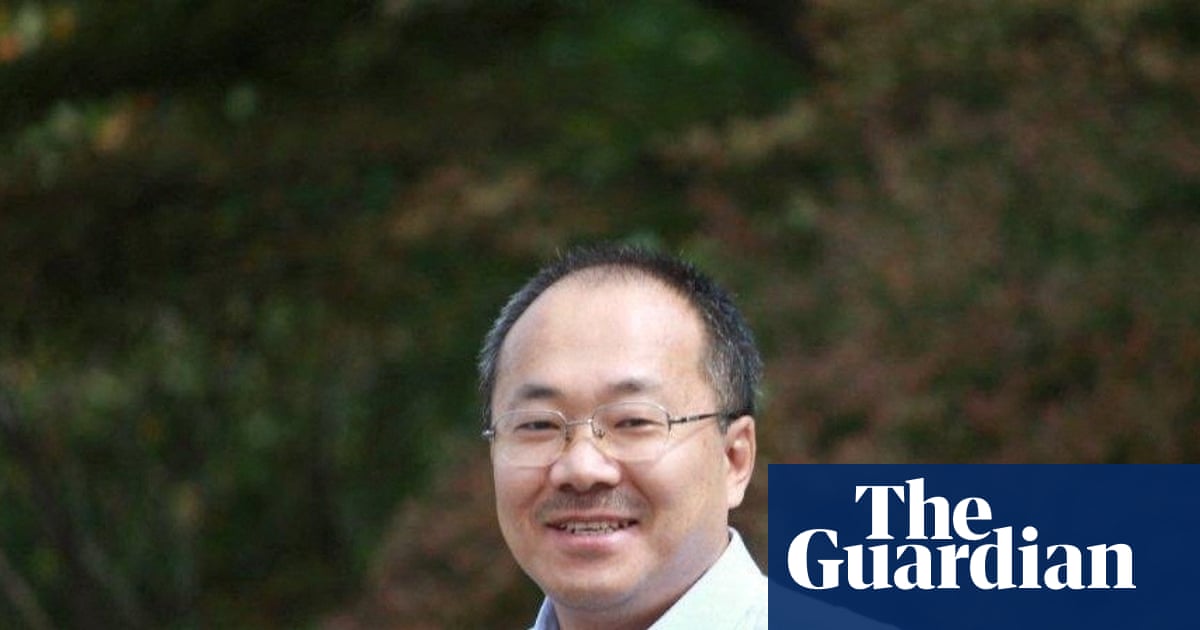
A court in Beijing is expected to rule on Thursday in the appeal of Dong Yuyu, a Chinese journalist who is serving a seven-year jail sentence on espionage charges.
The detention of Dong, a senior columnist with a long career in Chinese state media, has been criticised by the US government and by international human rights and press freedom organisations.
As well as being a columnist for the Communist party newspaper Guangming Daily, Dong has had his work published in the Chinese editions of the New York Times and Financial Times. He won a prestigious Nieman fellowship at Harvard University in 2006 and has been a visiting scholar at two Japanese universities.
The Nieman Foundation has described Dong as a “cherished member” of the international Nieman community and called for his release.
Dong was arrested in February 2022 in Beijing while having lunch with a Japanese diplomat. The diplomat was also detained but released after a few hours. Dong has been in custody since and was charged with spying in April 2023.
Dong was convicted in November 2024 and sentenced to seven years. He appealed against his conviction the following month.
Under Chinese law, someone convicted of espionage can be jailed for three to 10 years for less severe cases or receive heavy punishment, including life imprisonment, in serious cases.
Dong’s indictment mentioned several senior Japanese diplomats who do not appear to have been expelled from China despite being involved with Dong’s alleged espionage ring. Dong’s family said that this was evidence of his innocence.
Dong Yifu, his son, said: “It’s pretty obvious there is no legal argument to uphold the verdict … there’s really no evidence.”
He said the case against his father was “basically saying Chinese people can be penalised very severely for just interacting and talking to foreigners. And it’s also sending a message to the world that any foreigners in China can be labelled a spy for the purpose of prosecuting the Chinese citizens that they interact with.”
Dong Yifu continued: “So these are just terrible messages that the Chinese government is sending through my father’s case.”
Ian Johnson, a writer and friend of Dong’s, said the Chinese journalist “represents a time when Chinese people were encouraged to go out and participate in the outside world. He went on fellowships and reporting trips abroad. All of this is being held against him and used as proof of his ‘spying’. His incarceration shows that China’s reform era is really over.”
Dong is known in Chinese media circles for his reporting on social issues, corruption and constitutional reform, and was considered to be a rare independent voice in China’s tightly controlled media landscape. In 2017, he was threatened with a demotion after a Chinese Communist party investigation deemed his writing “anti-socialist”.
Beh Lih Yi, the Asia Pacific regional director of the Committee to Protect Journalists, said Dong’s imprisonment “creates a chilling effect designed to stop or prevent any Chinese from speaking with foreigners because they can be easily accused of engaging in espionage activities. We urge the Chinese government to right this wrong, and that it will do them more good to release Mr Dong immediately rather than keeping him in prison.”
The Committee to Protect Journalists will honour Dong with an International Press Freedom award at a ceremony in New York on 20 November.
A Chinese government spokesperson did not respond to a request for comment.
Disclaimer : This story is auto aggregated by a computer programme and has not been created or edited by DOWNTHENEWS. Publisher: theguardian.com





